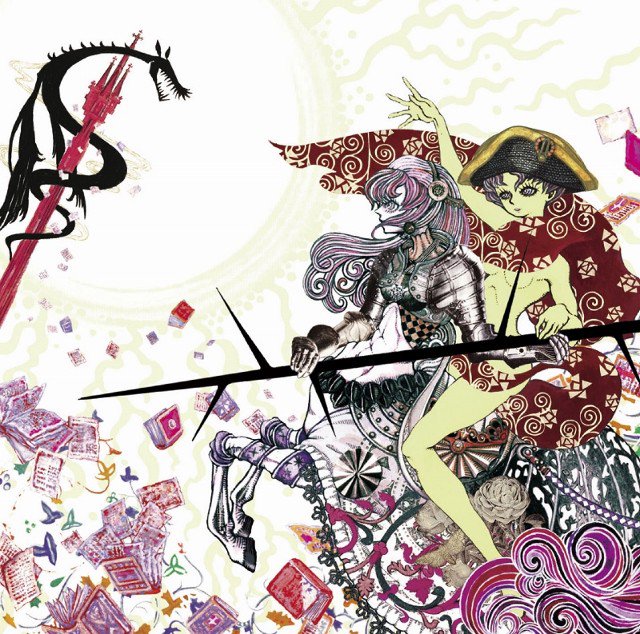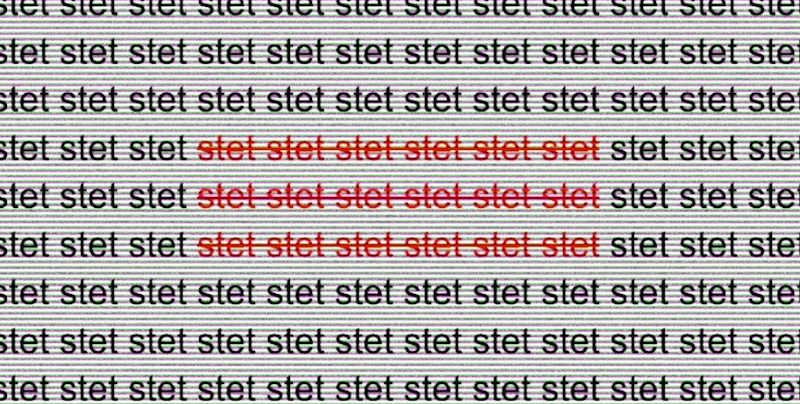Counterpoint: It is a pain in the ass to read texts full of obvious unintentional errors.
Definitely, which is also what the author of this article writes in this paragraph:
Do we really need copyediting? I don’t mean the basic clean-up that reverses typos, reinstates skipped words, and otherwise ensures that spelling and punctuation marks are as an author intends. Such copyediting makes an unintentionally “messy” manuscript easier to read, sure.
I think the point is that there's no clear line between obvious mistakes and the arbitrary preferences of 19th century Latin fetishists (or contemporary pedant authorities). She names things like the position of commas before or after quotation marks, which I find it really hard to care about. The other group of examples she uses are non-prestige dialects that may not have standardized spelling. Is it really wrong to write "dont" when writing AAVE, like the example she quotes? That is probably a decision that should be made by the author and not a random white person with some college education.
That's not her point, though. To quote the end of the article:
Copyediting shares with poetry a romantic attention to detail, to the punctuation mark and the ordering of words. To treat someone else’s language with that fine a degree of attention can be an act of love. Could there be another way to practice copyediting—less attached to precedent, less perseverating, and more eagerly transgressive; a practice that, to distinguish itself from the quietly violent tradition from which it arises, might not be called “copyediting” at all; a practice that would not only “permit” but amplify the potential for linguistic invention and preservation in any written work?
It's not like she's actually arguing against any form of editing a text, she's critiquing the overly standardizing practice of it, and the gatekeeping function of the prescriptivist policing of language, especially through institutions like academia and the wider publishing sector. It's about how non-standard text is treated, how the authors are often dismissed outright and when not; how editors use their knowledge of standard language to (occasionally invasively) 'standardize' a text. It's about how power is enacted through the policing of language on a wider scale, and how editors understand themselves to be in the role of the de-facto enforcers of that language police - and the cops, they are all bastards. But there could be a self-understanding of an editor out there, that doesn't act like a piggy, you know. That's what she's arguing for.
All I can say is that, as a writer, even cheap copy editors are expensive. My choice seems to be: spend hundreds of dollars per book to make sure there aren’t any mistakes, or brace for negative reviews complaining about typos. It’s honestly a really hard choice because I fucking hate bad reviews and I want to produce an excellent product. I get around the problem at the moment by having a computer read to me and using volunteer alpha and beta readers, but I’m still nervous about publishing books that haven’t been edited by a professional.
As for the idea that copy editors are white supremacist, I get it. I actually worked as one for a few months and couldn’t stand it. The only other copy editor I knew was remarkably white, even among white people. The white supremacist ideological superstructure is trapped in the 19th century because the economic base itself is trapped in the 19th century.
This was a really great article, fully agreed with the thrust of its argument. Thanks for sharing here!
It’s clear that copyediting as it’s typically practiced is a white supremacist project, that is, not only for the particular linguistic forms it favors and upholds, which belong to the cultures of whiteness and power, but for how it excludes or erases the voices and styles of those who don’t or won’t perform this culture. Beginning with an elementary school teacher’s red pen, and continuing with agents, publishers, and university faculty who on principle turn away work that arrives on their desk in unconventionally grammatical or imperfectly punctuated form, voices that don’t mimic dominance are muffled when they get to the page and also before they get there—as schools, publishers, and their henchmen entrench the idea that those writing outside convention are not writing “well,” and therefore ought not set their voices to paper at all.
GOOD article
Death to Chicago Manual perverts. Death to pocket APA guides. You can take my logical quotation marks from my cold dead hands.
The comma belongs to the right of the close-quote if it isn't part of the quote. I will die on this hill.
i feel like an author/editor just needs to send a note along to the copy editor explaining what's intentional & they can fix anything else? is that not standard practice?
anyway im sure they're replacing this with a robot anyway so it doesn't matter what anyone thinks






